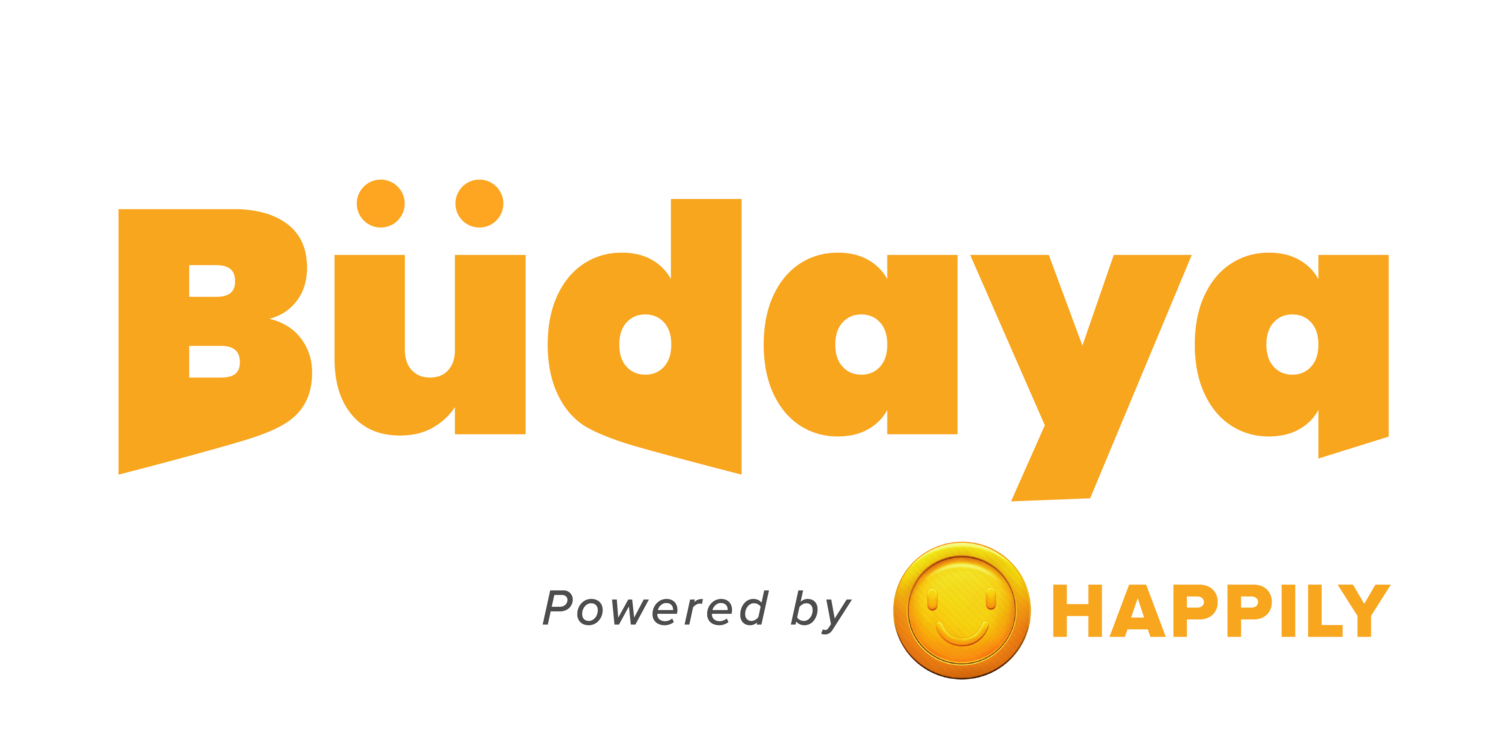
How Can Employee Intelligence Make You A Better Leader
By Eva Lim Sheau Lee
Decision-making is one of the most important leadership skills as it helps leaders create action plans to respond to crises, such as when customer spending behaviour changes due to a pandemic. Companies such as Salesforce have developed Einstein, an AI-integrated tool that offers recommendations about actions that their sales team can adopt to increase the success rate of closing deals with the identified prospects. As a result, there was a 9.6% increase in conversion rate and a 15.5% increase in revenue per visitor. Similarly, Walmart has an AI tool that recommends an alternative if the item customers are looking for is out of stock.
These are examples of how AI has transformed businesses, as it helps simplify the decision-making process. In other words, today’s leaders can now have “informed intuition” where their intuitive decisions are data-informed instead of purely instinctive. Data aided decision making is ultimately the way forward in all roles and departments. How does this translate to employee engagement?
Value 1: Boost Employee Morale and Engagement
Firstly, by using open-ended micro-surveys, you are able to truthfully explore the causes that affect employee morale. You will also get more honest feedback, compared to a one-off survey full of objective questions. You will be able to understand how employees are responding to the company’s culture, performance and other initiatives. This is vital information to inform your “intuition” so that you can make informed decisions. You can also take advantage of such systems to get consensus decision-making, crowdsource ideas, or create healthy competition. You want to have your fingers on the pulse of the organisation at all times so that you are aware of any gaps that are forming.
Value 2: Create A Productive Virtual Workspace
Is your team tired of working in silos and craving a more collaborative work environment? It is time to virtually map your company’s employees by individuals and teams using an AI-driven system. With this information, you will have an organisational network analysis and be aware of working relationships between teams, even if they are working remotely. This will help you make decisions to better align teams on projects or even with people movement.
Value 3: Build A More Inclusive Workplace
A more inclusive workplace is where there is less bias. To achieve that, you will first need to have transparency. What better way to do this than to use a system that automatically surfaces those that are performing and those that are engaged and those that are well connected. All through their daily interactions with each other. This kind of information will make your decision making less biased, and as such facilitate a more inclusive workplace.
Schedule a no-commitment consultation with our expert team if you want to find out more on how to be an “informed intuitive” leader using employee intelligence solutions. Please continue to read our How to Gain a Competitive Edge Through Employees guide to find out how employee intelligence can further add value to your company in the near and long terms.
